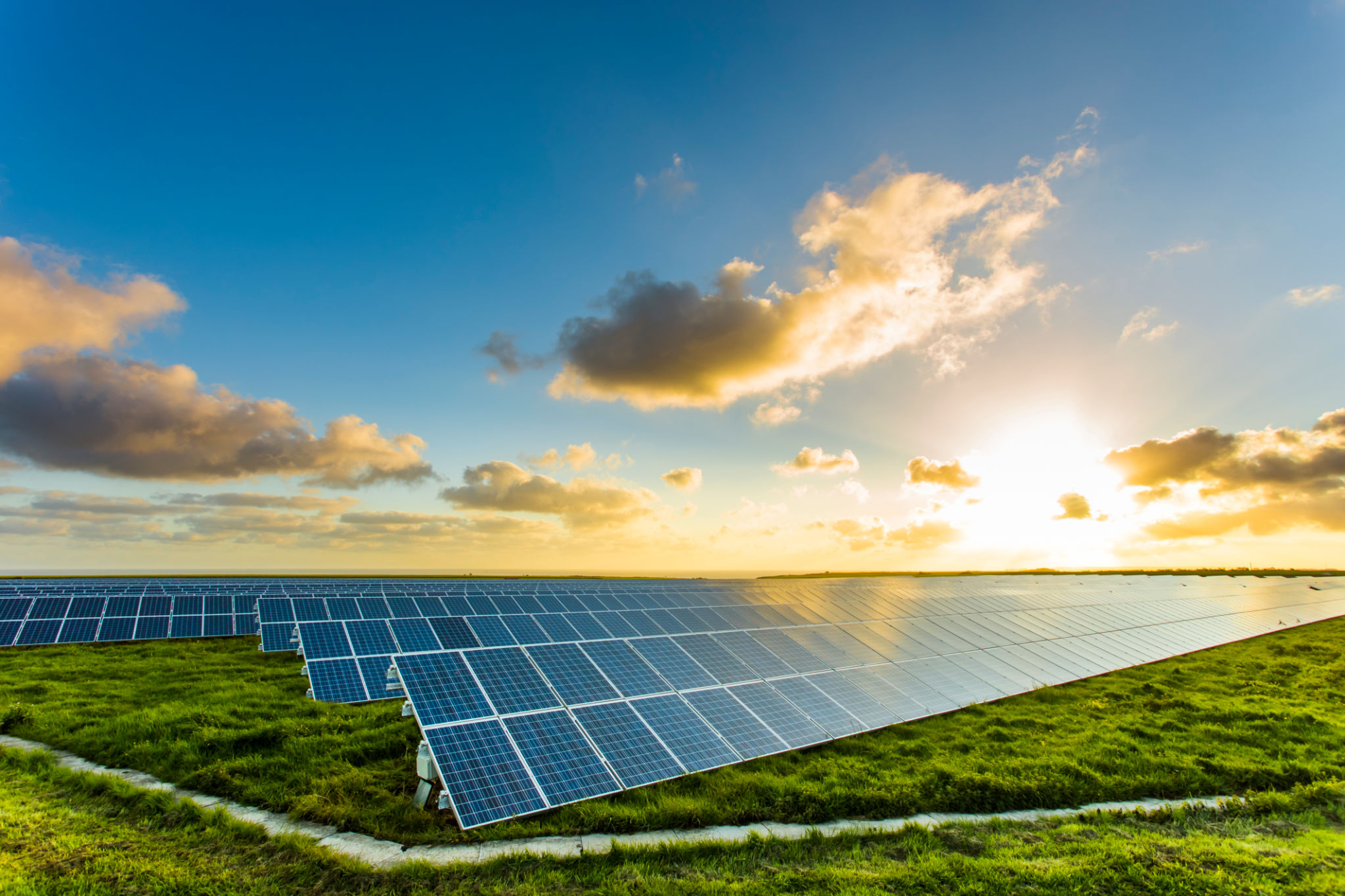How Solar Energy Can Transform Your Home's Efficiency
Understanding Solar Energy
Solar energy is rapidly becoming a popular choice for homeowners looking to improve their home's efficiency and reduce reliance on traditional energy sources. By harnessing the power of the sun, you can generate electricity to power your home, heat water, and even provide backup power during outages. This clean, renewable energy source not only helps the environment but can also lead to significant savings on your energy bills.
The adoption of solar energy systems is increasing as more people realize their potential benefits. With advancements in technology, solar panels have become more efficient and affordable, making them a viable option for many homeowners. Whether you are looking to decrease your carbon footprint or save money, solar energy offers a solution that meets both goals.

Benefits of Solar Energy for Home Efficiency
Reduced Energy Costs
One of the most significant advantages of installing solar panels is the potential for reduced energy costs. By generating your own electricity, you can significantly lower your monthly utility bills. Depending on the size of the system and local electricity rates, some homeowners may even eliminate their electric bills entirely.
Increased Home Value
Installing a solar energy system can increase your home's value. Studies have shown that homes equipped with solar panels tend to sell faster and at higher prices compared to those without. This increase in property value can be an attractive incentive for homeowners considering making the switch to solar energy.

Environmental Impact
Solar energy is a clean and renewable resource that can significantly reduce your home's carbon footprint. Unlike fossil fuels, which emit harmful greenhouse gases, solar power generates electricity without producing pollution. By choosing solar, you contribute to a healthier environment and help combat climate change.
Moreover, as the demand for renewable energy sources grows, the solar industry is consistently innovating to improve efficiency and decrease production costs. This progress ensures that solar technology remains a sustainable option for future generations.

Choosing the Right Solar System
Types of Solar Panels
When considering solar energy for your home, it's essential to understand the different types of solar panels available. The most common types are:
- Monocrystalline panels: Known for their high efficiency and sleek appearance.
- Polycrystalline panels: More affordable with slightly lower efficiency.
- Thin-film panels: Lightweight and flexible, best suited for specific applications.
Installation Considerations
Before installing a solar system, evaluate your home's roof orientation, shading, and structural integrity. Consulting with a professional installer can help you determine the best setup for your specific needs and maximize the efficiency of your solar system.

The Future of Solar Energy
The future of solar energy looks promising as technology continues to evolve and become more accessible. Innovations such as solar batteries and smart grid systems are making it easier for homeowners to store excess energy and manage their consumption more effectively.
By investing in solar energy today, you are not only enhancing your home's efficiency but also paving the way for a more sustainable future. As adoption increases, we can expect continued advancements that will further integrate solar energy into our daily lives.
